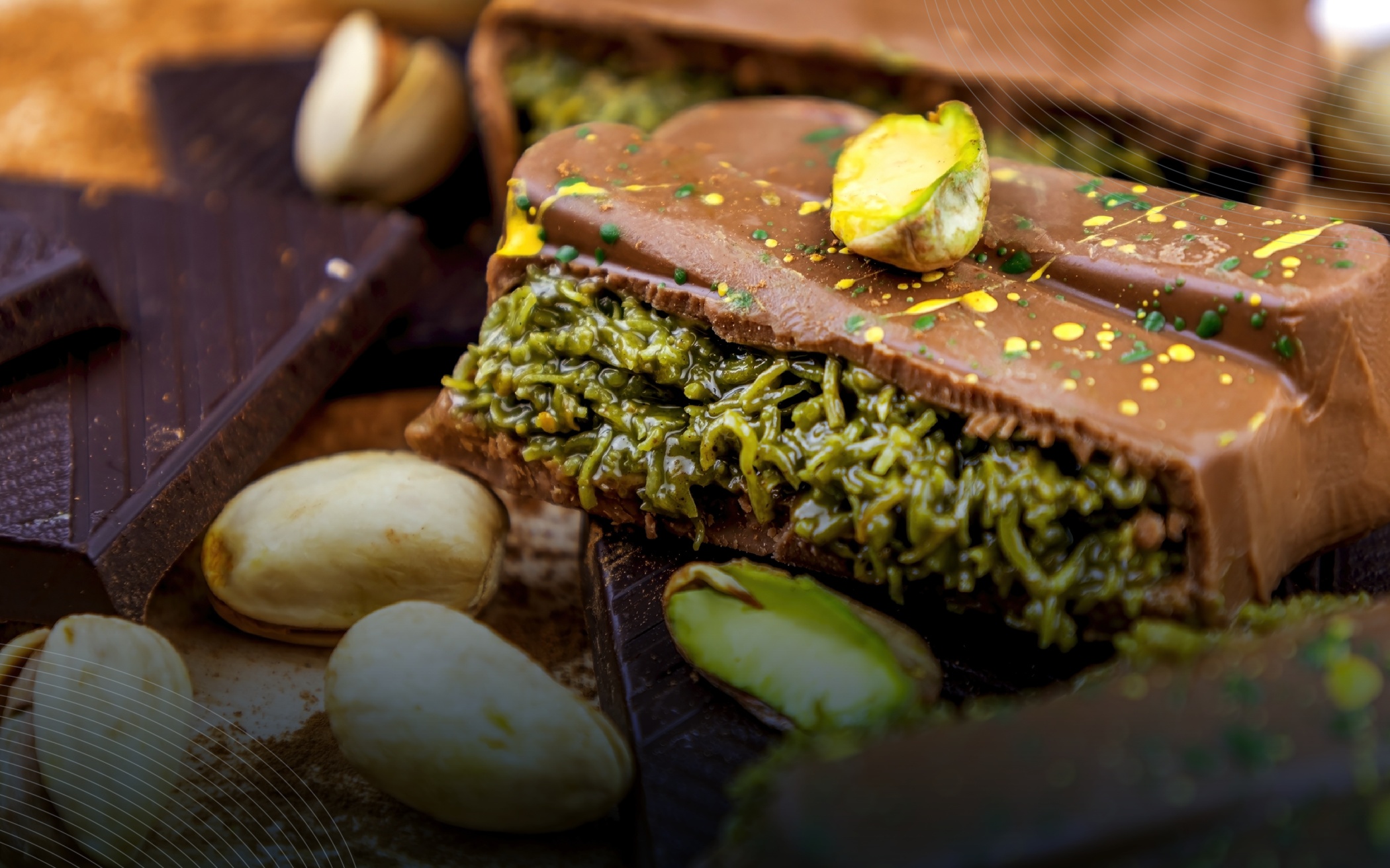The Incident
At the start of 2025, a legal dispute culminated in a landmark ruling by a German court, which prohibited a supermarket chain from selling a product labeled “Dubai Handmade Chocolate” despite its actual origin being Turkey.
Overview
In today’s global market, geographical indications play a crucial role in consumer perception, as the place of origin often influences purchasing decisions. Companies strive for high sales, aiming to maximize revenue and profits. However, some businesses resort to deceptive practices—whether through outright falsification or misleading representations of product origins—to gain a competitive edge.
The Dubai Chocolate Bar, launched in 2021 and turned famous in 2024 after being promoted by influencers, has gained worldwide recognition for its unique ingredients, captivating chocolate enthusiasts globally. This success inspired various manufacturers to create their own versions. However, in a recent case in Germany, the court ruled against the sale of Alyan’s “Dubai Handmade Chocolate”, which, despite its name, originated from Turkey. The ruling serves as a crucial precedent reinforcing the importance of truthful geographical labeling.
Legal Framework and Analysis
This decision has drawn significant attention as it underscores the importance of consumer protection and the necessity of accurately representing geographical indications in trade.
International regulations have long provided legal frameworks to address such matters, primarily through two key treaties:
- The Paris Convention for the Protection of Industrial Property (1883): With 180 contracting members, this treaty aims to safeguard industrial property rights. Articles 10 and 10bis explicitly prohibit false labeling and deceptive practices, requiring member countries to act against misleading geographical indications.
- The Agreement on Trade-Related Aspects of Intellectual Property Rights (TRIPS) (1994): This agreement establishes comprehensive global intellectual property standards. Article 22 mandates the protection of geographical indications, ensuring that product names reflecting a specific origin maintain their authenticity. It also prohibits misleading representations that could damage the reputation of genuine products.
Additionally, Article 9 of the Paris Convention empowers authorities to seize counterfeit goods, whether they are imported, in transit, or already within a country, in accordance with local laws. For certain product categories, such as wines and spirits, Article 23 of the TRIPS Agreement provides an even higher level of protection by requiring precise and verifiable geographical indications (e.g., “Scotch Whisky” for Scotland, “Bohemian Crystal” for Bohemia in the Czech Republic, and the most famous of all, “Champagne” for the Champagne region in France).
These regulations collectively protect both consumers and manufacturers by preventing deceptive practices and allowing legal recourse against misleading claims that could damage the reputation of established brands.
Legal Considerations
The supermarket chain in question argued that the product’s packaging clearly stated “Turkey” as the country of origin on the back. However, the German court found that the prominent use of “Dubai” in the product name misled consumers into believing the chocolate was made in Dubai. As a result, the court issued a temporary injunction, ruling that a product could only be marketed as “Dubai Chocolate” in Germany if it was manufactured in Dubai or had a verifiable geographical connection to the Emirate.
This ruling reinforces the principle that honest geographical indications must be upheld in global trade. It affirms that misleading branding—whether intentional or not—violates consumer trust and contradicts international agreements designed to maintain fair trade practices.
Conclusion
The Dubai Chocolate case serves as a vital reminder to manufacturers and sellers to adhere to international trade regulations and uphold the principles of fair competition. By enforcing honest geographical indications, these legal frameworks protect both consumers from deception and manufacturers from unfair competition. This ruling further establishes that fair trade practices are paramount and must be governed by international standards to maintain integrity within the global marketplace.
This article has been prepared by:
Cesar Ghaleb – Founding Partner, Dubai
Ahmad Rima – Associate, Dubai/Beirut










